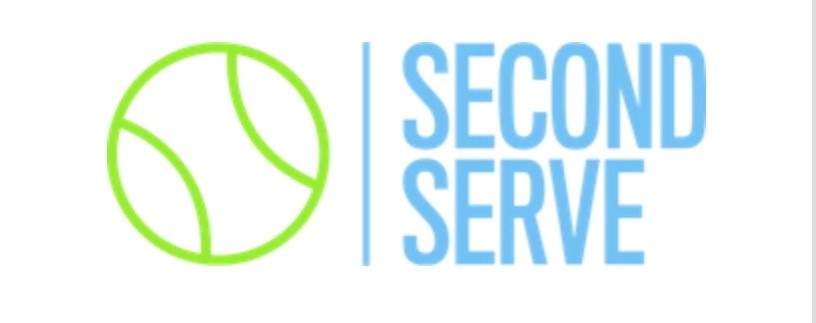Neurology & Past Belief Systems in Sports

Photo courtesy of mdneuroeyeandear.com
Today’s Guest Post is by Frank Giampaolo. He is a 30 year sports education veteran, author, popular convention speaker and instructional writer for national and international publications. Frank is the best-selling author of Championship Tennis (Human Kinetics Publishing), The Tennis Parent’s Bible and The Mental Emotional Workbook Series. He will make a return appearance on the ParentingAces Radio Show later this month.
You may be asking yourself, what does neurology (central nervous system) have to do with athletic performance? The answer is everything. Thinking, seeing, breathing, moving, sleeping…everything the human body does is reliant on their central nervous system. It is the system of the body that receives and processes all information from all parts of the body. It is arguably the most important system of the body. The following collection of questions addresses common athletic development challenges.
Q: Why is it hard for some athletes to try new things & new ways of thinking?
A: A person’s upbringing forms their belief systems. Humans naturally protect their existing beliefs. When confronted by different ideas or opinions a chemical reaction in the brain takes place. The new idea is then viewed as a threat, because it hasn’t been analyzed yet, so minimizing and avoiding it is often normal.
When new techniques are presented they are often uncomfortable simply because they’re different. The new method clashes with the old comfortable method so the new method is disregarded as wrong. Sometimes the new way is actually the right way…but it feels wrong to the athlete.
Q: After a loss, why do smart coaches ask their athletes to go back to the event/site to watch other athletes still in the event?
A: The brain mirrors events it recognizes. Viewing the final rounds creates a mental and emotional picture for the athlete to absorb and become comfortable with…
It is very common for up and coming athletes to experience complete performance meltdowns in the final rounds of their first big tournaments. Why? The finals are an unknown entity. Unfortunately, most athletes choose to leave the site after a loss and not stay to watch the final rounds.
The more the athlete physically, mentally or emotionally gets dialed into a situation, the less uncomfortable the situation becomes and the more comfortable the athlete becomes performing in the manner in which they have trained- regardless of the round.
Q: Why do smart coaches inject humor while training for upcoming athletic events, which is often perceived as a very stressful situation?
A: Neurological studies prove that laughter helps relax and calm nerves. Laughter decreases stress hormones and triggers endorphins – the body’s natural feel good chemicals. Adding humor to stressful events will help the athlete enjoy the battle! Playing in the zone demands a calm and stress free preparation phase. Laughing is also a terrific ab workout. Hello six pack!
Q: Why is repetition so important in developing athletic royalty?
A: Physical repetition is essentially motor programming. Developing a motor program begins with a thought, which is messaged through the nervous system, down the spinal cord and into the muscular system. The more we pre-set the protocols (pre-set plans)… the easier it is to execute the proper protocol during match play.
Cognitive processing skills and emotional responses are neurological programs that also need to be organized, developed and constantly nurtured. It doesn’t matter if you’re doing it, imagining it or observing it, you are developing a pathway. Neurological-connections are strengthened by repetition.
Q: How can a coach assist a perfectionist who is his/her worst enemy?
A: First, I suggest the coach share with the player his/her personality profile. This should provide the player, parent and coach with a better understanding of the player’s preferred learning style.
Understanding that neurology studies show that the human brain undergoes tremendous pruning of the neurons and myelination (which translates to growth) throughout adolescence. Scientists agree that the human brain doesn’t reach full maturity until the early 20’s. Performing perfect 100% of the time is an illusion.
Second, in my opinion, the age old motto of trying 110% in competition is dead wrong. Athletes who constantly attempt to force perfection over press and play sloppy. Protectionist should simply be asked to aim for an A- grade versus an A+ grade. The athlete should try 90% instead of 110% and learn to accept a few minor errors along the way to victory.
Third, ask the player to “Shoot for an excellent performance versus a perfect performance.” Perfectionists are so worried and stressed about being perfect that it often stunts the actual growth they seek, and leads to misery for everyone around them.
The coach should encourage their athlete to seek the courage to let go of unrealistic and damaging beliefs like athletic perfectionism and enjoy the journey. Visualize Kobe Bryant smiling …enjoying his performance as he dominates the NBA.













Comments are currently disabled for this post